
Building resilience to events that are said to be once-in-a-lifetime and easy for local communities to overlook is now an urgent priority. Human-centred design plays an important role in this. What happens when these principles are adopted?
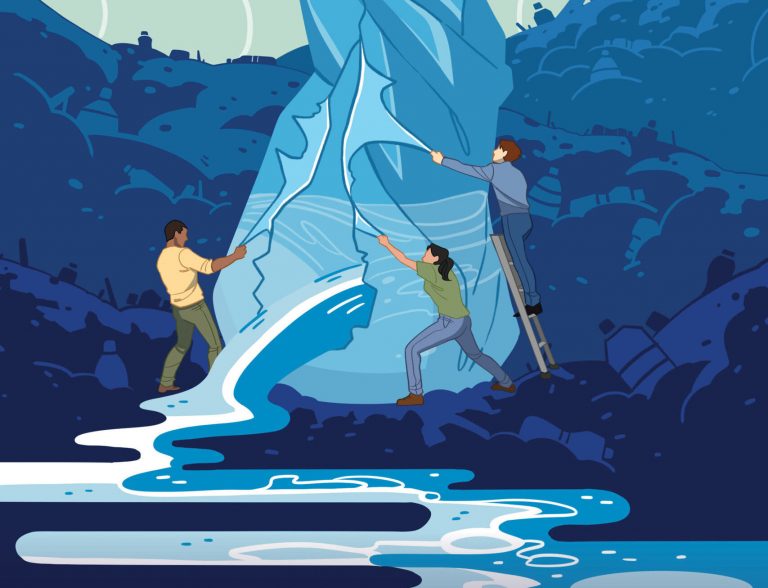
Fast Company published today an excerpt of the new book Unbottled by Daniel Jaffee in which he highlights the five factors why consumers purchase bottled water, or how have they been persuaded to do so - fashion, flavor, fitness, frequent drinking, and fear - and zeroes in on the last one.
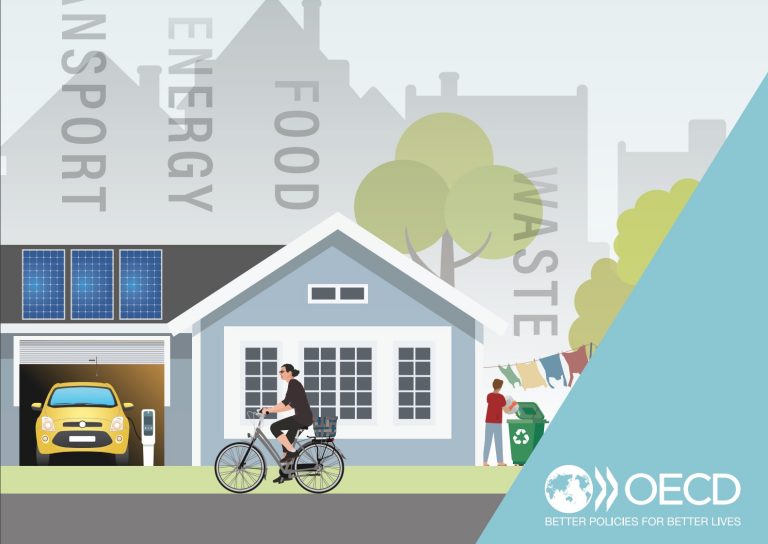
How Green is Household Behaviour? presents an overview of results from the 2022 OECD Survey on Environmental Policies and Individual Behaviour Change. The survey investigates household attitudes and behaviour with respect to energy, transport, waste and food systems.

This study has collated evidence which on balance indicates a strong case to reform digital advertising. It indicates that the status quo is unsustainable for individuals, publishers and advertisers.
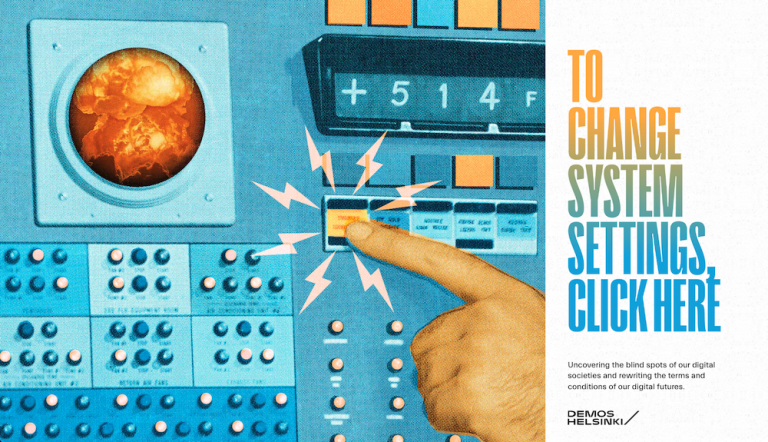
In this white paper (published on 15 February 2023) Demos Helsinki explores how we can rewrite the terms and conditions of our digital futures. Directed at policymakers, practitioners, researchers, industry leaders, and engaged citizens, the paper concludes with four sets of interventions that build a fair, sustainable, and joyful digital society.
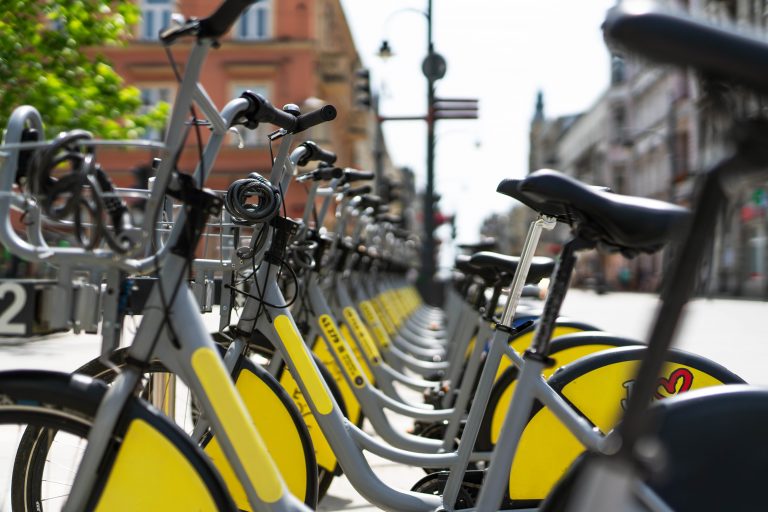
Six reports on behavioural change and energy use: potential impact, obstacles, the role of policy makers, and how to best communicate to citizens.
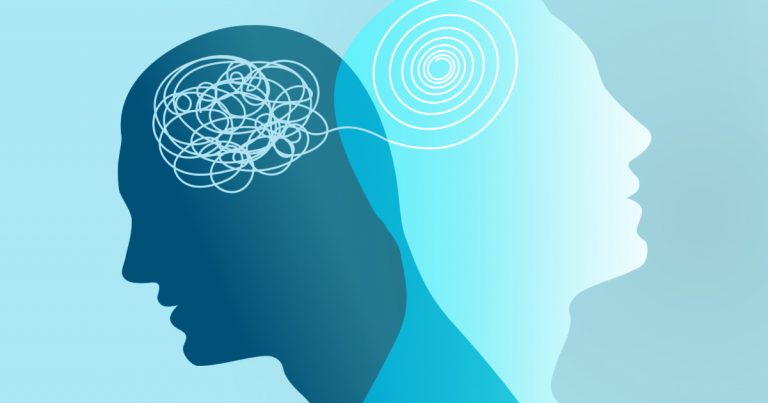
"What’s mine is mine: unpicking the psychological reasons people like to own things" is the title of a highly recommended article by Claire Murphy of the Ellen MacArthur Foundation.
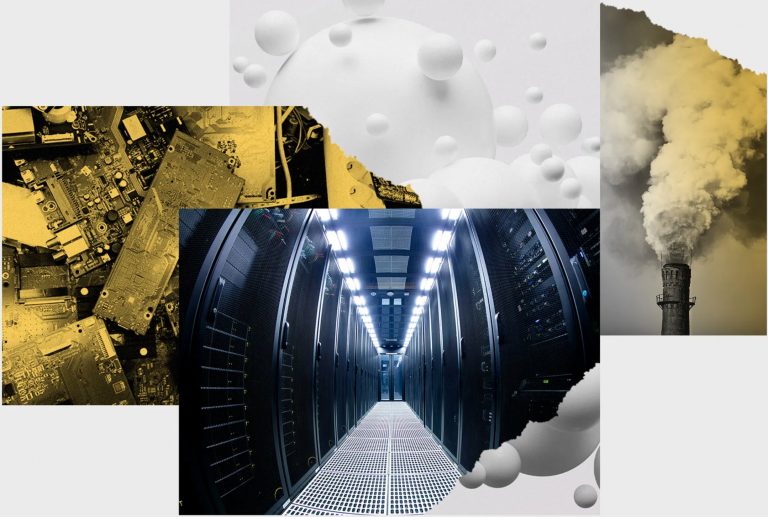
Data centers are destroying the natural world, writes anthropologist Steven Gonzalez Monserrate in Wired. But is the cloud an inherently unsustainable paradigm? He foresees three possible pathways for remaking the cloud into something more sustainable for future generations.

The metaverse will be a digital graveyard if we let new technologies distract us from today’s problems
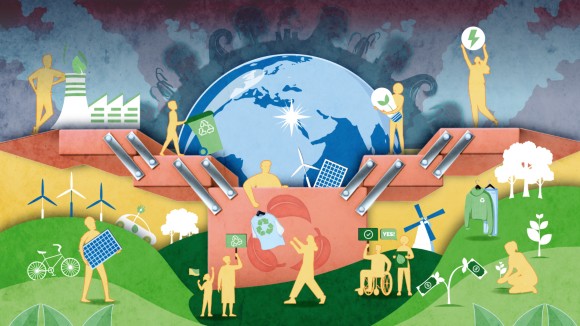
This Focus of Nature Magazine, a collaboration between Nature Human Behaviour and Nature Climate Change, features a broad range of Review and Opinion content on the role of human behaviour in adaption to climate change and mitigation of its negative consequences.

The first book to take an interdisciplinary and international approach to understanding how our everyday lives are being affected by automated decision-making.

In the three years since the last Global Happiness and Well-Being Policy Report, governments have faced a cascade of challenges to the well-being of their populations.
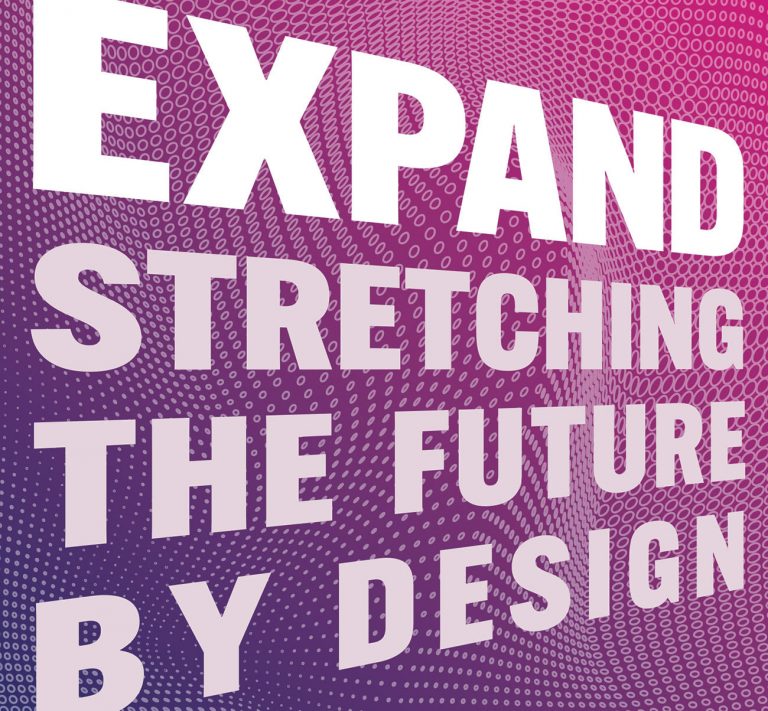
From transforming the ways we do business and reimagining health care, to creating planet-restoring housing and humanizing our digital lives in an age of AI, Expand explores how expansive thinking across six key areas—time, proximity, value, life, dimensions, and sectors—can provide radical, useful solutions to a whole host of current problems around the globe.
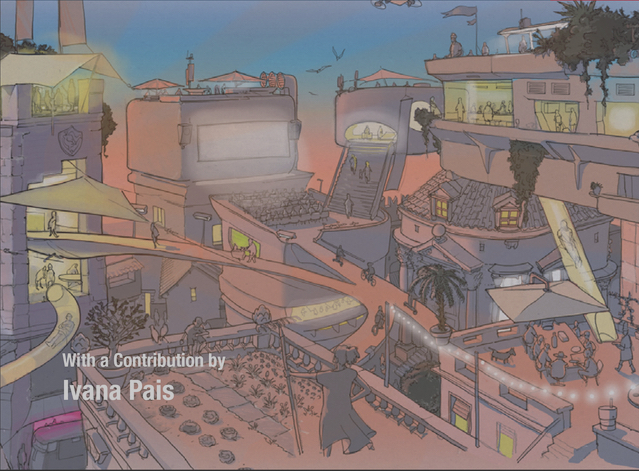
Ezio Manzini's ideas for the city that cares.
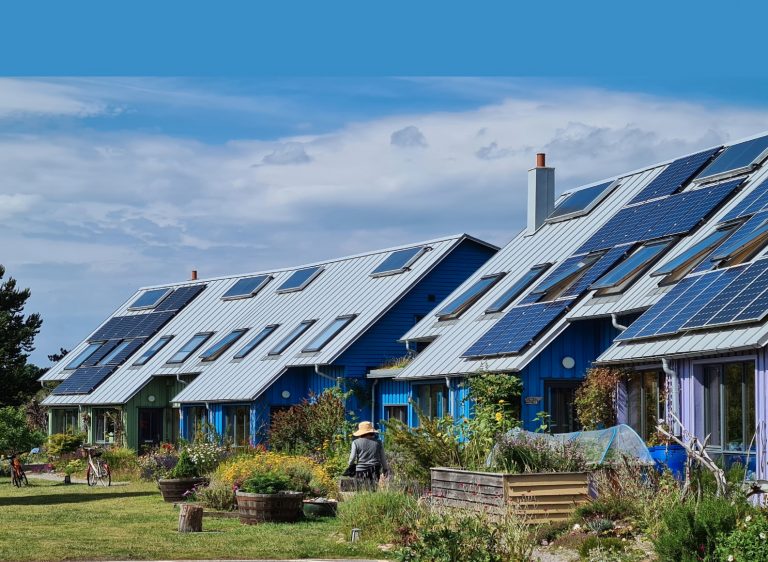
The latest IPCC report on the Mitigation of Climate Change has a lot of meat in it for those engaged in human-centered design, behavioral change strategies, and behavioral sciences.
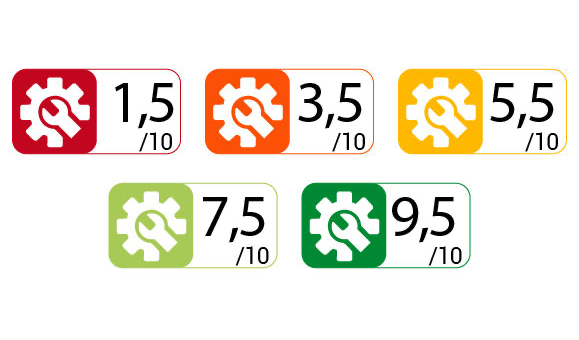
Analysis of the outcomes of the French repairability index, how it affects repairers and how consumers feel about it.

Behavioural changes which affect the way people use energy are an important part of the toolkit for reaching net zero emissions by 2050.

Applying behavioural science to environmental challenges can help policymakers better target and redirect unsustainable behaviours. This report draws on published work to provide an overview of behaviourally informed interventions, why they should be considered by governments and how they can be devised and applied.

For the world to reach net zero, consumers everywhere will have to make fundamental changes to how they travel, heat, cool and power their homes, the food they eat and the products they buy.

This report of the Cambridge Sustainability Commission on Scaling Sustainable Behaviour Change draws on research syntheses about the potential contributions of behaviour change towards climate and sustainability goals to attain the goals of the Paris Agreement.




















